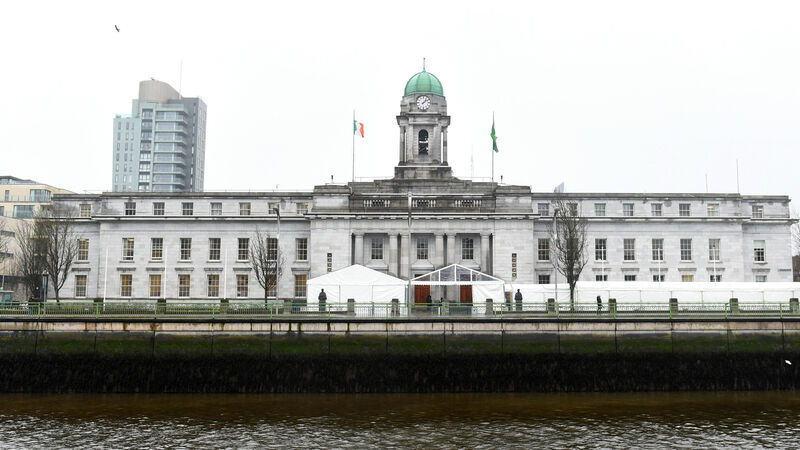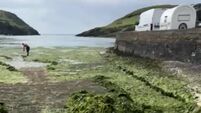Auditors criticise Cork City Council overtime levels and spending on electric vehicles and 'robot trees'

The report by the Local Government Audit Service shows almost two-thirds of the council’s 1,500 staff were in receipt of overtime and other allowances in 2020.
Government auditors have expressed concern at the level of overtime and various allowances paid to staff in Cork City Council.
The report by the Local Government Audit Service shows almost two-thirds of the council’s 1,500 staff were in receipt of overtime and other allowances in 2020.













